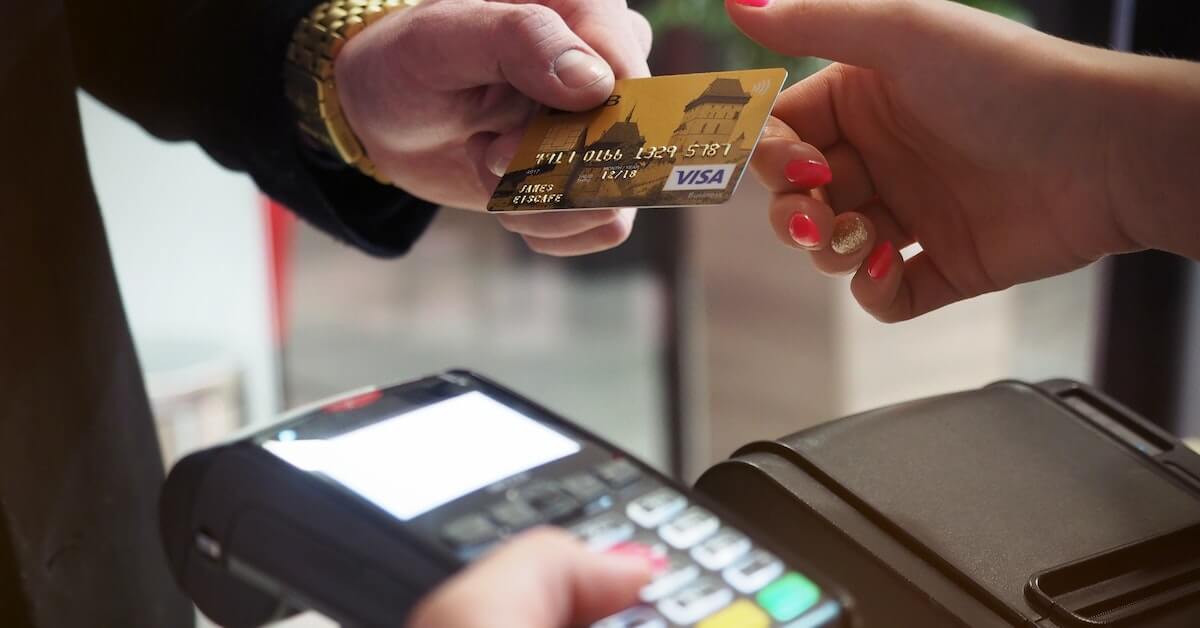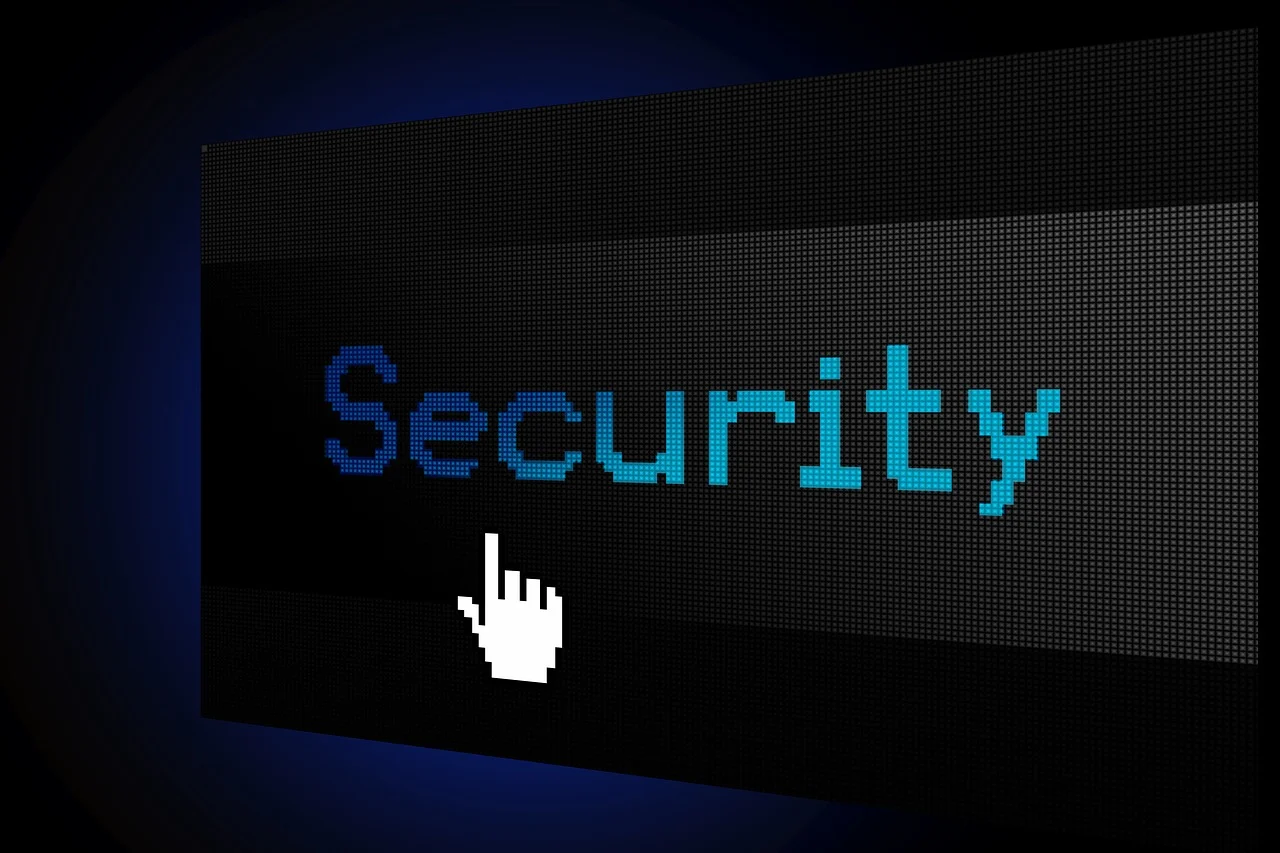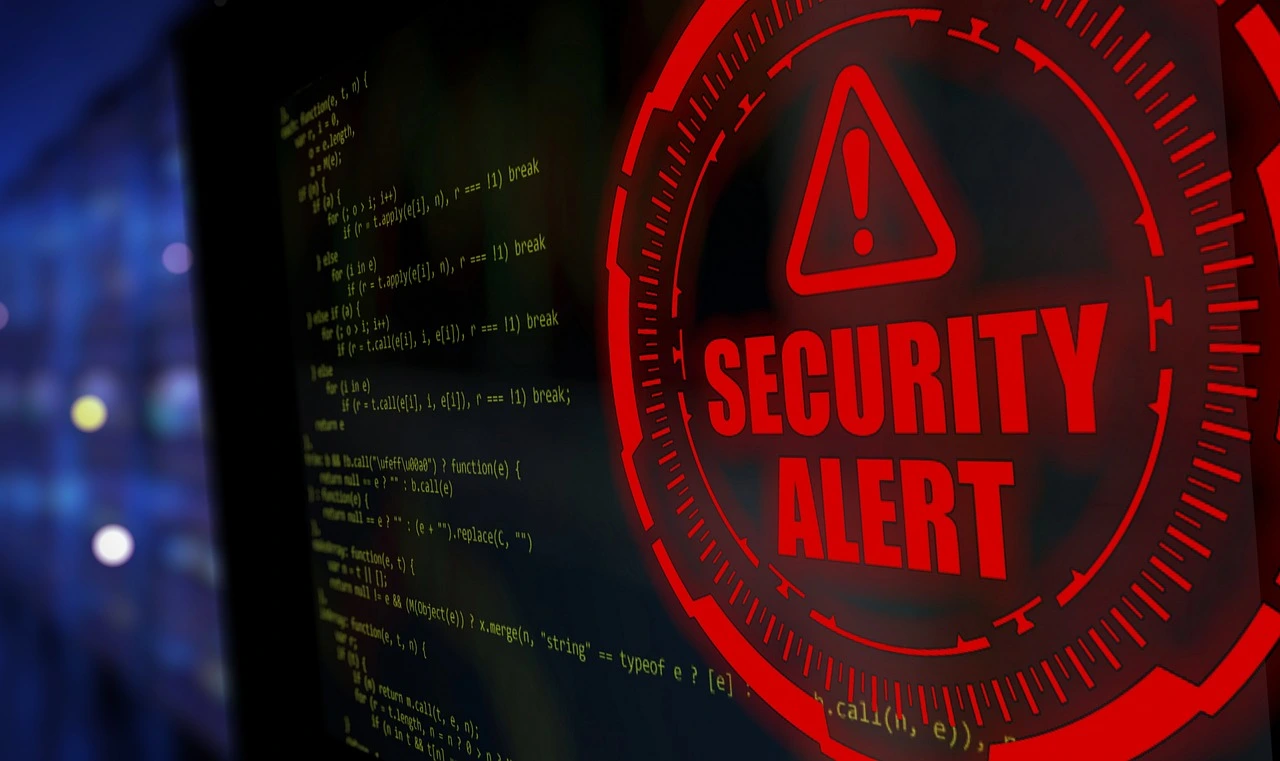Credit Card Fraud: What to Do If It Happens to You
Will Simonds
Reading time: 6 minutes

Table of Contents
Any time your payment card, or its information, is used for illegitimate transactions without your knowledge or consent, you’ve become the victim of credit card fraud.
There’s nothing worse than spotting an unusual payment on your statement or getting contacted by your bank to verify a purchase you didn’t make. Despite financial institutions taking security very seriously, credit card fraud is unfortunately on the rise in the U.S.
If you suspect you’re a victim of credit card fraud, act quickly to stop scammers in their tracks.
How hackers get your credit card information
Credit card fraud often happens when hackers acquire your personal information or banking details. There’re a number of ways they can do that.
- Unsecure websites. If your Internet browser connects to a website without a secure connection, it becomes vulnerable to hacking, and cybercriminals can compromise your personally identifiable information (PII).
- Physical records containing your social security number. Although social security numbers shouldn’t be on public records, yours could be printed on financial documents that can fall into the wrong hands if not disposed of correctly.
- Phone or email phishing. When scammers impersonate official sources to try to get personal information from you, it’s called “phishing.” This can occur via email, phone, or even text message.
- Data breaches. Hackers are known to compromise companies’ private records in order to get the personal information of customers and employees. In 2021, there were 2,932 publicly reported breaches, just in the U.S. alone.
- ATMs and credit card readers. Scammers can affix a card-reading device to a legitimate bank or credit card reader—it’s known as “card skimming.” This means they gather card information from anyone unknowingly using the compromised machine.
Additionally, much of your other personal information might be easily available online, such as on your social media accounts and profiles.
What credit card companies do to deal with fraud
Of course credit card companies take fraud very seriously, which is why most institutions tend to have dedicated fraud teams and security safeguards to ensure that client data stays protected.
If a credit card company suspects that your account has been compromised, they might automatically cancel your card alongside the notification that they suspect fraud.
On the other hand, if you believe you’re the victim of fraud, each institution will have protocol in place to secure your account. Though it’s likely your card will still be canceled and you’ll be issued a replacement, you might need to detail statement charges you don’t recognize.
If a credit card company determines that fraud has happened on your account, you’ll typically be refunded money lost to the bogus charges.
An investigation into the incident may take place, and in cases where fraud is linked to large amounts of money, banks may notify law enforcement to press charges.
Steps to take if you’ve been the victim of credit card fraud
If you’ve been a victim of credit card fraud, or any kind of identity theft, you’re not alone. Cybercriminals’ strategies are constantly evolving, and they’re relentless when it comes to devising and perfecting new methods.
Don’t panic, but try to act fast to get the situation under control, following these steps:
1. Call your card issuer immediately
First of all, notify your credit card issuer by phone. Every credit card company has contact details readily available on their website and a fraud team on hand to help you right away.
Major credit cards like Mastercard or Visa offer zero liability policies. That means you don’t get held responsible for any unauthorized payments made on your card. In most cases, banks also return money to your account immediately, even if your fraud case is still pending.
2. Monitor statements and credit reports
Take time to review your statements to look for charges made on your account. This helps fraud investigations and you, so you understand how long your account may have been exposed.
Remember, you have rights. Under the Fair Credit Billing Act, a 1974 federal law enforced by the Federal Trade Commission (FTC), consumers are protected from unfair billing. For example, it allows you to dispute charges that you didn’t authorize or weren’t delivered.
Find out more about how to dispute charges on the FTC website.
3. Change all related passwords and PINs
In an incident of fraud, it’s essential you change passwords and PINs relating to your financial account, and even your email, just in case hackers accessed other accounts of yours as well.
Even if you canceled your card and changed your account details, you have to remain vigilant going forward so any future fraud gets noticed instantly.
4. Notify credit bureaus
Notifying credit bureaus that you’ve been a victim of fraud might be a necessary step in securing your accounts.
The reason for that is, if someone has access to your social security number they might be able to open new lines of credit in your name.
When you contact the credit bureaus, request the following:
- A Fraud Alert – requires lenders to verify your identity before opening lines of credit
- A Credit Freeze – restricts access to your credit report; a big red flag for lenders
5. File a report
Now, not all cases of credit card fraud need to be handled by police. However, you may want to file a police report if it’s been confirmed you’ve been a victim of credit card fraud.
Before you do, visit IdentityTheft.gov and report the fraud to the FTC. This report can be used by law enforcement in their subsequent investigation.
How DeleteMe can help with credit card fraud
Many individuals—even those who’ve been the victim of credit card fraud—might be unaware that personal information is constantly being harvested online by data brokers. Credit card fraud stems from knowing your billing address – and that kind of information can be gleaned from public data brokers that Delete Me removes your information from.
Data brokers are companies that operate legally, scouring the Internet for data with the goal of selling information like names, addresses, and phone numbers to the highest bidders.
This information can lead to increased junk mail and robocalls, and also leads to fraud. If you want to reduce the chances of cybercriminals accessing your personal information, then you need to secure your online data.
To mitigate your risk of credit card fraud, hire a data broker removal service like Delete Me to scrub your information off data broker sites and keep it secured so that you can rest easy knowing your personal information is safe.
Our privacy advisors:
- Continuously find and remove your sensitive data online
- Stop companies from selling your data – all year long
- Have removed 35M+ records
of personal data from the web
Save 10% on any individual and
family privacy plan
with code: BLOG10
news?
Don’t have the time?
DeleteMe is our premium privacy service that removes you from more than 750 data brokers like Whitepages, Spokeo, BeenVerified, plus many more.
Save 10% on DeleteMe when you use the code BLOG10.

















